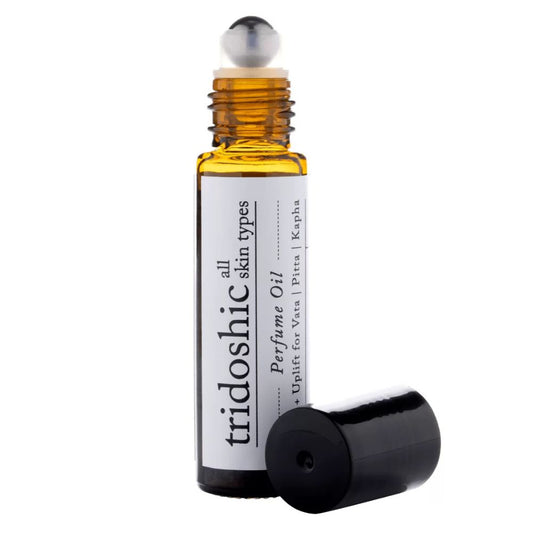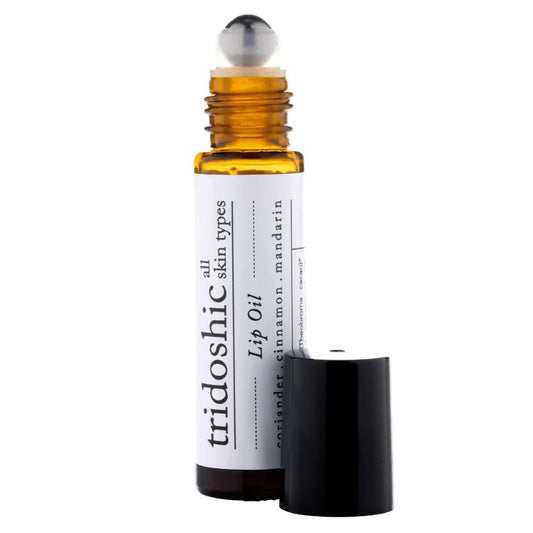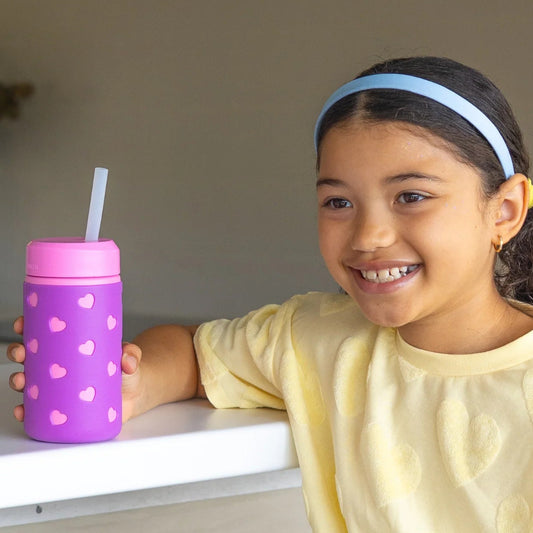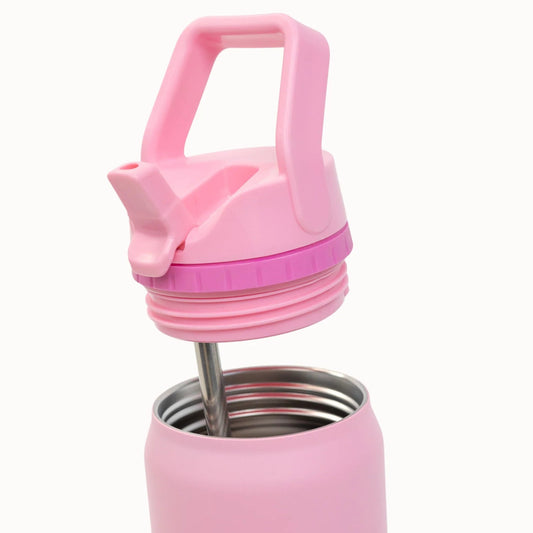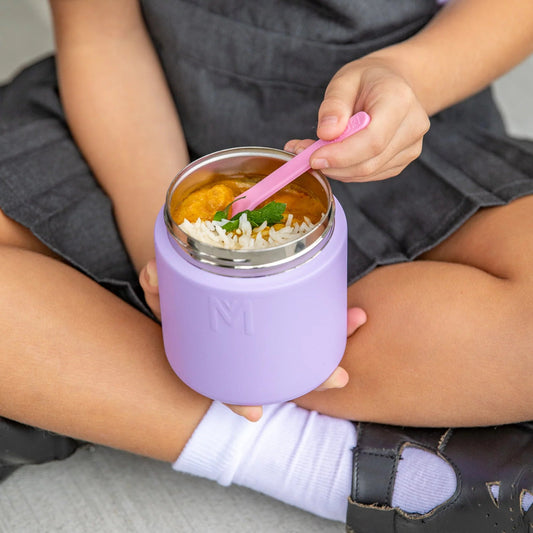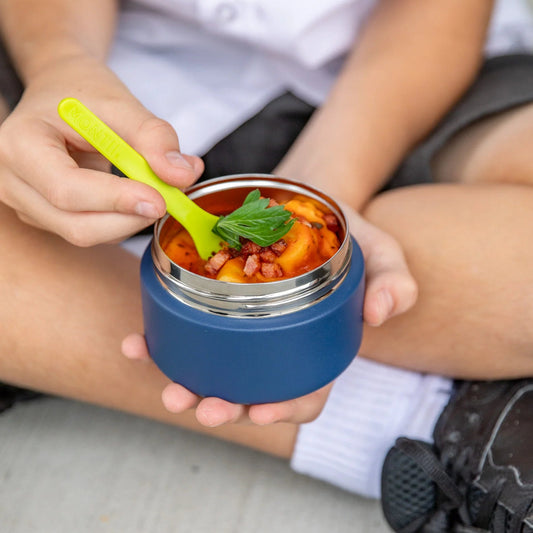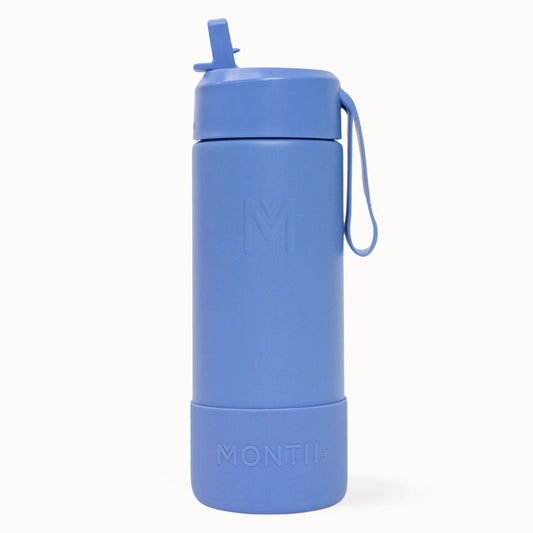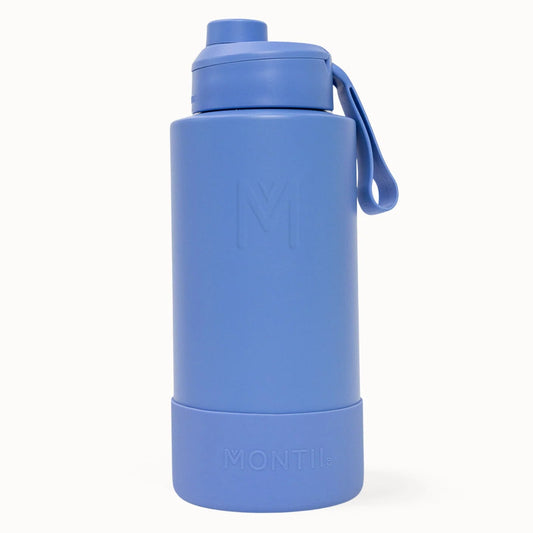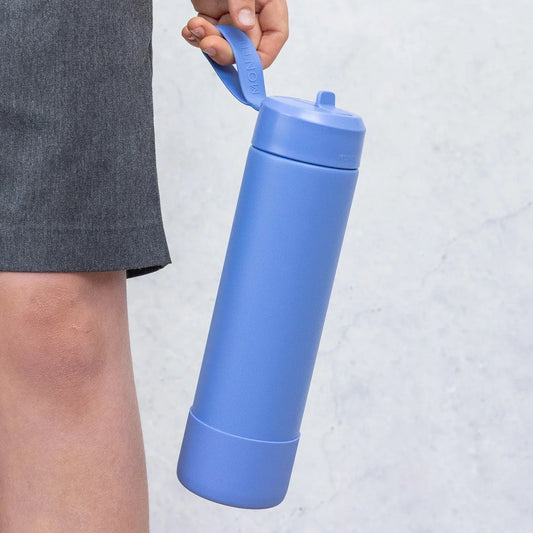Key Takeaways
-
-
Microbeads may be banned — but plastic hasn’t gone away.
New forms like liquid polymers, plastic powders, and nanospheres are still legal and widely used. -
Common offenders include PVP, Nylon-12, Polyquaterniums, and PMMA.
These petroleum-derived, non-biodegradable plastics are found in makeup, skincare, oral care, and more. -
Current Australian bans only apply to "rinse-off" microbeads.
Leave-on products (like moisturiser, makeup, sunscreen) and non-bead forms are not covered. -
Plastics in these products wash down the drain and persist in ecosystems.
They contribute to microplastic pollution — which is now found in marine life, human lungs, blood, and placentas. - Their microscopic size doesn’t make them harmless — it makes them harder to detect and regulate.
-
Microbeads may be banned — but plastic hasn’t gone away.
Back in the 2000s, we trusted brands like The Body Shop.
They had rainforest-themed stores, nut butters from exotic locations, and slogans about loving the planet. To most of us, they were the good retailer—clean, ethical, natural. I certainly loved to treat myself to an exfoliating scrub, thinking I was doing something kind for my skin and the earth.
It took many years for me to learn that the exfoliators were tiny spheres of polyethylene plastic that ended up polluting waterways. Back then we had little education to understand the ingredients, but the brands ought to have known better!
More recently brands have been phasing out microbeads—some voluntarily, like The Body Shop that switched to natural alternatives in 2015—and some forced to by government regulation.
But, while we think plastic microbeads are a thing of the past, they haven’t entirely disappeared. Even though manufacturers know about the harm to our environment and people from microplastics they still choose to jump through the loopholes and sneak in other forms of plastic.
Here’s the current state of play in Australia:
✅ BANNED: Rinse-off personal care products with plastic microbeads.
In several states, it’s now illegal to sell body scrubs, face washes, toothpastes, or shampoos that contain microbeads.
- NSW: Ban started Nov 2022
- Queensland: Sept 2023
- WA: Sept 2023
- ACT: July 2024
These laws focus on rinse-off products—meaning things you wash off in the sink or shower.
🚫 NOT BANNED: Leave-on products, liquid plastics, plastic microspheres or nanospheres and powder.
Unfortunately, the government bans don’t touch the newer generation of microplastics like liquid polymers and powdered plastics used in makeup foundations, sunscreens, hair gel, eye drops, and even “clean” beauty brands.
Hidden plastics still lurking in personal care products
Despite the bans on plastic microbeads, many personal care and cosmetic items still contain invisible forms of plastic that are just as harmful to the environment.
Ingredients like: Polymethyl Methacrylate (PMMA), Nylon-12, PVP, and Polyquaterniums
Commonly used in: moisturisers, sunscreens, makeup, toothpaste, and hair care.
These plastics may appear as powders, nanospheres, or liquid polymers that are not visible to the naked eye, but they still wash down the drain and enter our waterways.
Unlike natural substances, these synthetic polymers are non-biodegradable, meaning they persist in the environment for years, potentially accumulating in marine life and contributing to the growing microplastic pollution crisis.
Their microscopic size doesn’t make them harmless — it makes them harder to detect and regulate. Just because you can’t see the plastic doesn’t mean it isn’t there — and it’s time consumers and regulators took a closer look.
Examples of products with persistent plastics
From a search of Chemist Warehouse online, these are just some of the hundreds of products I found with non-biodegradable plastic.
Is this a surprise to you? It was to me! Even after 25 years of ingredient scrutiny, I did not compute that these were physical plastics that would be accumulating in marine environments!
Liquid plastic polymer - Polyvinylpyrrolidone (PVP) & Polyquarterniums
-
Colgate Toothpaste Optic White
- Oral B Toothpaste Gum & Enamel
- Therabreath Whitening Oral Rinse
- Ego QV Face Oil Free Foaming Cleanser
- Chemist Warehouse Little Eyes Cleansing Wipes for Children
- Kristin Ess Ultra Light Curl Defining Cream
- Klorane Shampoo with Mango Butter
Powdered Plastic - Nylon-12
- Revlon Glow Powder Blush
- L'Oreal Paris Plumping Tinted Serum Foundation
- Maybelline Superstay Foundation
- Olay Regnerist Micro Sculpting Cream
- L'Oreal Men's Expert Erase Wrinkles Moisturising Cream
Plastic Microspheres - Polymethyl Methacrylate (PMMA)
- Cetaphil Daily Face Moisturiser
- Avene Cleanace Mattifying Moisturiser
- Rimmel Lasting Radiance Concealer
- Flower Light Illusion Liquid Foundation
These are all petroleum plastics that do not biodegrade in the environment.
And because these aren’t technically “microbeads” under the law, they’re still allowed.
So the truth is: while the visible culprits have been scrubbed out, plenty of microplastics are still swirling around—hiding in plain sight, washing down our drains.
Learn more here about How to Spot Hidden Plastics in Skincare.
What does this mean for you?
If you’re trying to live more consciously, this part can feel overwhelming.
I still have that feeling every day...more ingredients to identify and understand! But that is why we've made sure that at Biome you can rest assured we’ve checked the ingredients list for you and have always refused to sell any personal care or cosmetics with petrochemicals, synthetics, or microplastics.
No loopholes. No greenwashing.
So what can you do?
- Read your labels. Look out for words like polyethylene, acrylates copolymer, carbomer, polyquaternium, PVP.
- Choose truly plastic-free. Stick with facial and body exfoliants made from clays, salt, oats, ground seeds, or charcoal for exfoliation.
- Support businesses that go further than the law. Laws are slow. Real change comes from consumer pressure.
This is bigger than just exfoliating
Microplastics don’t just harm marine life — they’re turning up in human blood, lungs, and even placentas.
The microbead bans are important. But we need to also stay alert to the sneaky plastics still sliding past regulations.
As always, our promise at Biome is simple:
No plastic microbeads. No microspheres. No liquid plastics.
Government regulations do not require this. But it’s the right thing to do to care for you, wildlife, and the environment we rely on for our wellbeing.

Related reads
"PEG's aren't plastic" - Are you sure about that?
10 Plastic Free Ideas You Never Thought Of
How To Exfoliate Skin Naturally
How To Filter and Remove Microplastics From Tap Water





